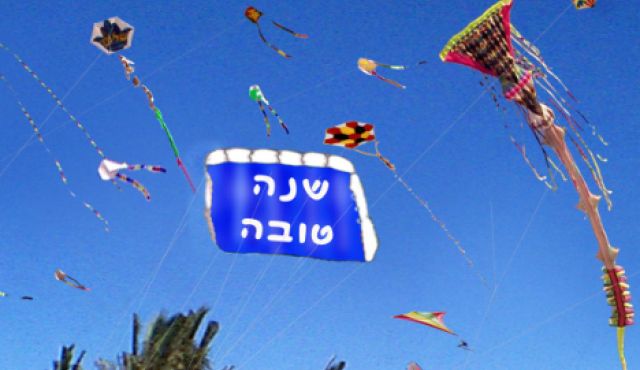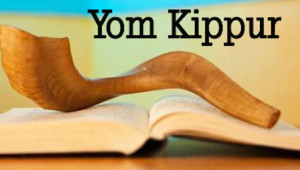The crowds that greeted Pope Francis in America were so profoundly joyous that even those of us who are not Catholic felt drawn to the exuberance. This festivity of hope in humanity emanates from Pope Francis who is the leader of 1.2 billion Catholics. Yet, the joy comes from his real power, his compelling message of compassion that he offers in a way that makes him immediate, familiar and accessible not only to Catholics but to those of different faith communities and to non-believers alike.
As a Jewish woman of faith I rejoice to share in a common cause of compassion and justice. It is easy for me to see how a Jewish woman could feel connected to the hope that Pope Francis has brought to America by appealing to the best in us. Last week in the morning service of Yom Kippur I could clearly see that social justice that has been part of my heritage so easily joined the pope’s message. I thought about it as we read on Yom Kippur from the Book of Isaiah about the meaning of the fast, “it is to share your bread with the hungry, and to take the wretched poor into your home, and when you see the naked to clothe them.”

